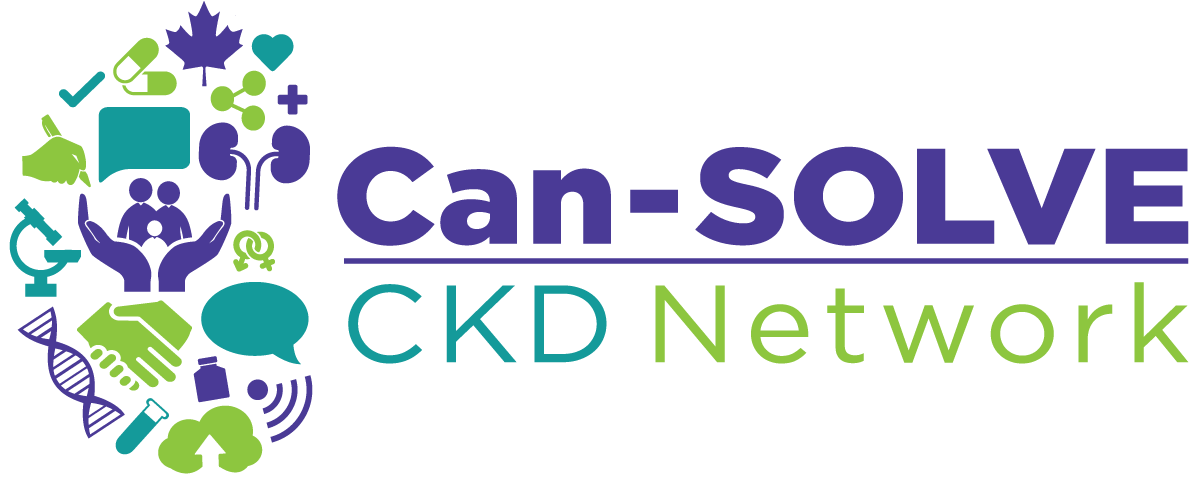Abstract
The health status of First Nations, Inuit and Metis peoples reflects a disparate sociopolitical and environmental context inextricably linked to Canada’s colonial history. This health inequity is exemplified by the disproportionate burden of chronic diseases such as diabetes, hypertension, and chronic kidney disease (CKD) affecting Indigenous communities. Frequently diagnosed at a younger age and greater severity than non-Indigenous groups, the increasing prevalence of these conditions is of particular concern in rural and remote Indigenous communities. Often marginalized from mainstream healthcare services (geographically, economically, or culturally), many of these communities lack the preventive health benefits associated with continuity of care. Consequently, the detection and treatment of these conditions is often delayed, resulting in an increased risk of adverse outcomes that impact quality of life and strain healthcare systems.
In 2015, the First Nations Community Based Screening to Improve Kidney Health and Prevent Dialysis (FINISHED) program in Manitoba highlighted the efficacy of mobile point-of-care testing among adults and children in 11 rural and remote First Nations communities. Importantly, the program reported that a majority (87%) of CKD cases identified by albuminuria or a decreased estimated glomerular rate were early-stage and potentially treatable, representing an opportunity to prevent or delay kidney failure. As the lifetime health and economic burden of CKD is dependent on the severity of the disease, early detection and management represents a crucial opportunity to reduce this burden through risk factor modification including blood pressure control, diabetes management and the use of reno-protective medications, such as Renin-Angiotensin-Aldosterone System (RAAS) and Sodium-glucose co-transporter-2 (SGLT2) inhibitors.
Modelled after FINISHED, Kidney Check is an Indigenous-led screen and treat program working to bring early detection and preventive kidney care to rural and remote Indigenous communities across Canada (Manitoba, Ontario, British Columbia, Alberta, Saskatchewan) [Table 1]. Using portable diagnostic equipment, specialized Kidney Check health teams screen participating adults and children ages 10 and up for CKD, diabetes, and hypertension. True to its name, point-of care testing (POCT) is designed for use at the site of patient care, presenting an opportunity to expand preventive healthcare to regions with diminished access. Following screening, participants are triaged according to their individualized kidney failure risk prediction scores and are referred to additional resources accordingly. An affiliate of the patient-oriented Canadians Seeking Solutions and Innovations to Overcome Chronic Kidney Disease (Can-SOLVE CKD) research network, the programs design and implementation is guided by foundational research priorities set by patient partners. These and other collaborative partnerships between Kidney Check, Indigenous healthcare providers, adult and pediatric clinician specialists and engaged policy makers contribute to the programs sustainability and success.
Curtis S, Collister D, Martin H, Sokoro AR, McLeod L, Chartrand C, Lavallee B, Woods C, Levin A, Komenda P.
Journal of the International Federation of Clinical Chemistry and Laboratory Medicine
Published 2021
Research Project: Kidney Check
Connect with us!
Subscribe to learn more about what we do, why it matters, and how you can get involved!




